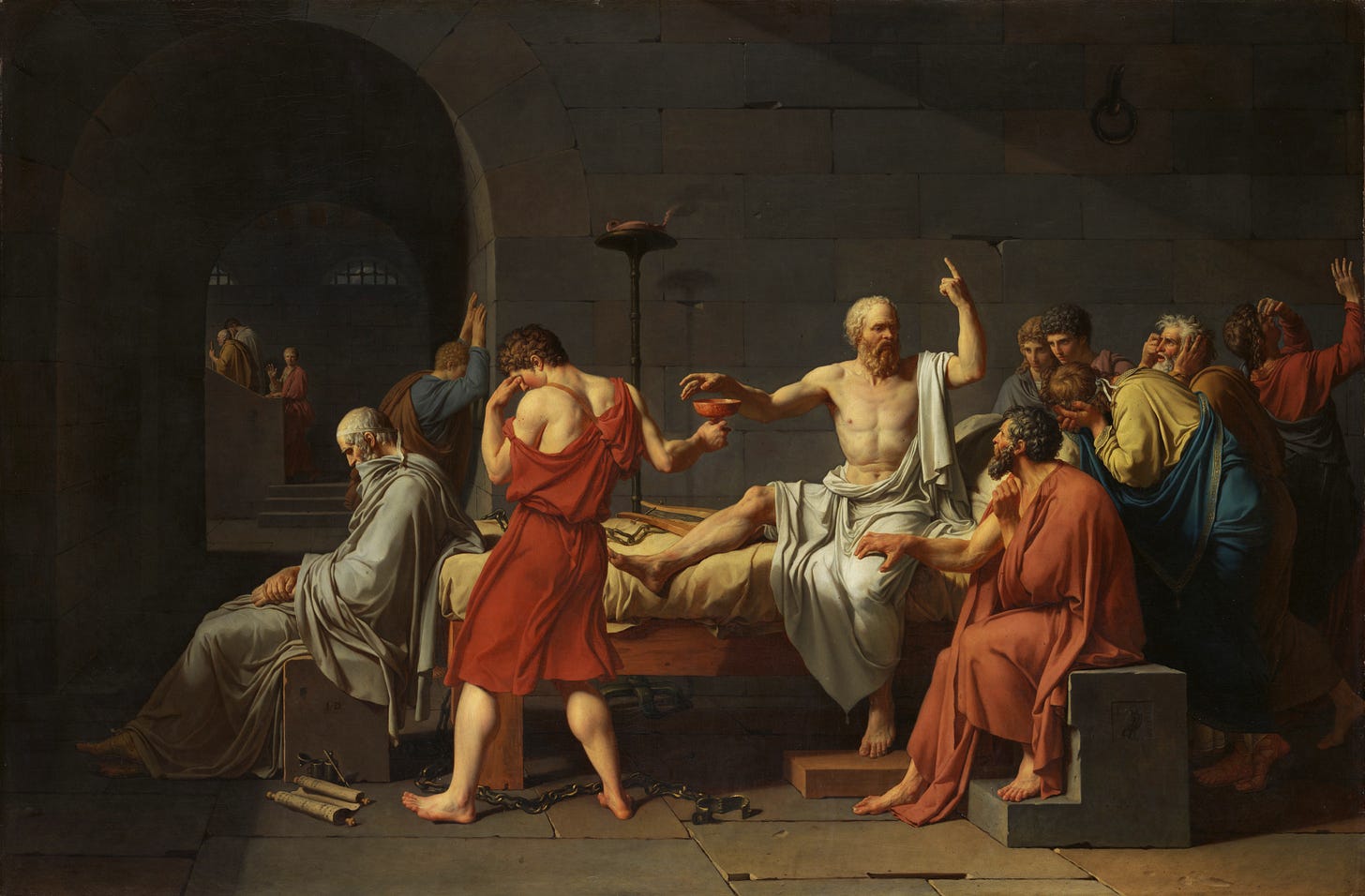I recently read about Daniel Kahneman, the Nobel Laureate, who committed assisted suicide to end his life at the age of 90. The legacy press (e.g., mainstream media) praised Daniel for his decision.
Those who praise death need to check their understanding of it.
In the Bible, death is consistently portrayed as our enemy rather than a friend.
Death enters the world as a punishment, inherently tied to man’s sin. This connection is reinforced in Romans 6:23: ‘For the wages of sin is death.’ Death is an intruder and enemy to anyone’s life, not a friend.
The Bible directly identifies death as our enemy in 1 Corinthians 15:26: ‘The last enemy to be destroyed is death.’
Jesus’ death in our stead and His resurrection from the dead is the decisive blow against the ‘last enemy’ conquered in the believer’s life. The Apostle Paul exults in 1 Corinthians 15:54-56, ‘Death is swallowed up in victory. O death, where is your victory? O death, where is your sting? Thanks be to God who gives us the victory through our Lord Jesus Christ.’
Revelation 21:4 promises that in our resurrection from the dead, of which Jesus is the First Fruits, "Death shall be no more, neither shall there be mourning, nor crying, nor pain anymore." This future where Death is eradicated reveals it as a temporary aberration, not a permanent or friendly companion.
In Philippians 1:21, where Paul says, ‘For to me to live is Christ, and to die is gain,’ it is never suggested that the ‘gain’ is death itself, but the result of being with Christ. Death remains a necessary passage, not a desirable state.
You’re never truly living until you’re fighting dying.
Follow the Savior’s Example and Not Socrates’

How Socrates and our Savior approached Death represents two opposing views about death.
Socrates embraced and accepted death, but Jesus fought death as His enemy.
In 399 BC, Socrates, the sage of Athens, faced a trial. Accused of impiety and corrupting the youth by his teaching, Socrates stood before a jury of his peers, unyielding in his commitment to his disciples, including Plator.
The jury of Athenians found him guilty of heresy and corruption.
Socrates took a final opportunity to teach his students how to face their deaths. He told them that taking one’s life voluntarily (suicide) is a deliberate act of war against the terror of death, a refusal to let fear of the unknown dictate his soul’s destiny.
His disciples, tears in their eyes, begged Socrates to leave the city but not kill himself. The philosopher rejected their pleas, saying that embracing death was no difficulty.
Keep reading with a 7-day free trial
Subscribe to Wade Burleson at Istoria to keep reading this post and get 7 days of free access to the full post archives.






